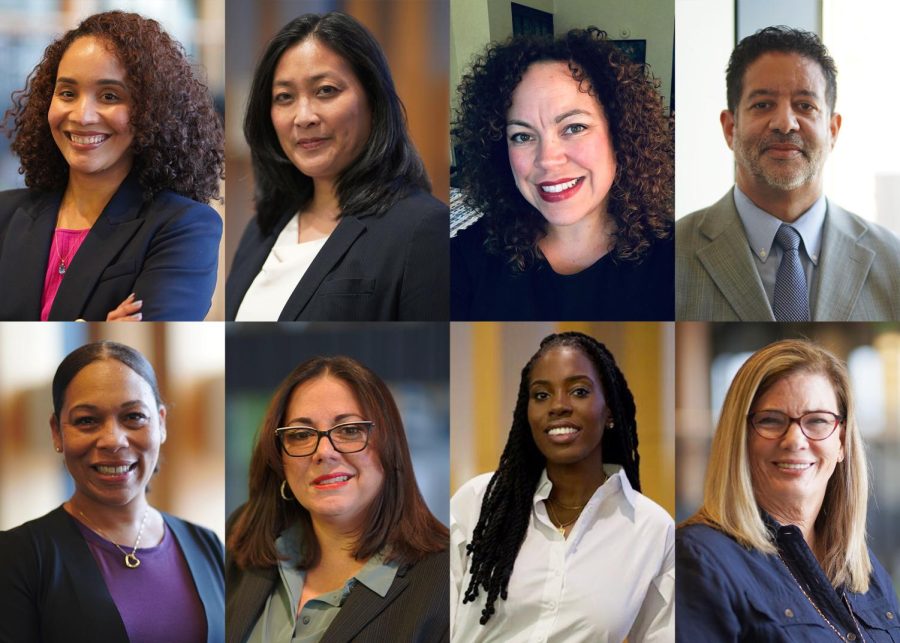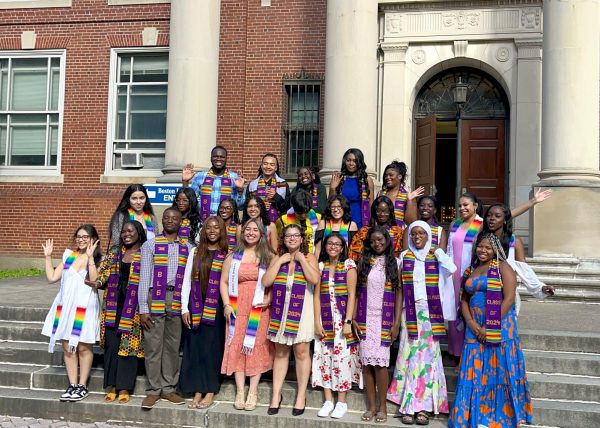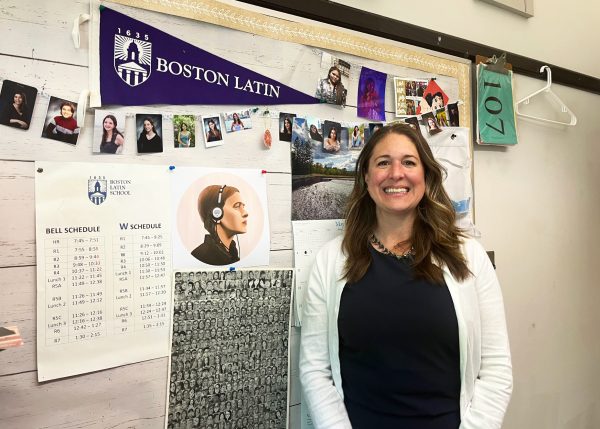Mary Skipper Shapes New Leadership
This March, Boston Public Schools Superintendent Mary Skipper appointed new members to the district’s executive team after employing a new Regional Network Support Model.
The Superintendent’s new Leadership Team comprises several Department Chiefs working in Operations and Equity, Community Advancement and Academics departments. Three Deputy Superintendents oversee the department leads. The new leadership team includes several parents, alumni and staff who come from diverse cultures and backgrounds, with the goal of proportionally representing BPS’s demographics.
BPS Superintendent Skipper explains, “It’s a team building [our] vision. […] I really wanted folks who knew BPS or who had worked in BPS and had a mindset of what it would take to make BPS successful because they had experienced it either as a student or as an employee.”
Elda Alibeaj (III) shares, “The leaders are good, many have lots to offer; however, it is the matter of action taken to prove them effective and whether they utilize the plan in a sufficient manner.”
The executive team has focused on closing the opportunity gap for students of color, streamlining district procedures and increasing accountability for the BPS central office.
Deputy Lead Chief of Staff Rochelle Nwosu, for instance, will be responsible for monitoring the district’s staff and educational projects, while Senior Deputy Superintendent of Academics Linda Chen will be working on closing the opportunity gap, especially with underserved Black or brown students. Deputy Superintendent Dr. Ana Tavares will work on closely engaging with families and the Boston community, and the Deputy Superintendent Dr. Samuel DePina will deal with operational needs.
The district also plans on implementing new programs such as an equitable literacy framework and an inclusion model. BPS hopes that these will support students, especially multilingual learners adjusting to a new language. Furthermore, the district aims to provide high school students with more opportunities to challenge themselves through AP courses, dual enrollment offerings at local colleges, and career training.
Ming Pan Hern (III) explains, “equity and equality are very important, and knowing family situations behind each student is important, as well as the communities. […] I hope that they do improve some of these schools’ policies and make school life better for students.”
In addition, the district plans on achieving their outlined goals through the Regional Network Support Model, a framework that will provide several staff and leaders across BPS’s nine regions. Operational workers will be responsible for improving around 10 to 15 schools within their region. Since these staff will be running only a limited number of schools, each regional superintendent will have time to focus on academics.
As Superintendent Skipper concludes, “Our hope is […] that over the course of the next several years, students really start to feel that impact in a different way.”






